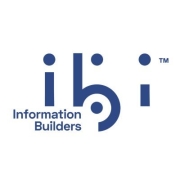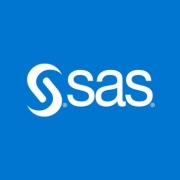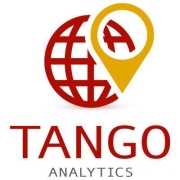Predictive Analytics uses statistical algorithms and machine learning techniques to analyze historical data and predict future outcomes. It helps businesses make informed decisions by forecasting trends and identifying potential risks.
With the growing importance of data, organizations are increasingly turning to Predictive Analytics to gain insights and enhance strategic planning. By using detailed historical data, companies can identify patterns and potential outcomes with greater accuracy. This approach enables businesses to allocate resources efficiently and stay ahead in competitive markets. Leading solutions in this category support a wide range of applications, from customer behavior prediction to risk management, providing significant opportunities for performance optimization.
What are the critical features of Predictive Analytics solutions?Predictive Analytics is implemented across industries such as finance, healthcare, and marketing where anticipating customer behavior or market trends is crucial. Financial institutions use it for credit scoring and fraud detection, while healthcare providers apply it to predict patient outcomes and optimize treatment plans.
This category of analytics is essential for organizations because it leverages data to uncover hidden patterns and insights, allowing businesses to pre-emptively address issues and seize opportunities, making it an indispensable tool in today’s data-driven world.









































Predictive Analytics can significantly enhance customer retention by analyzing historical data and identifying patterns that signal potential churn. By understanding the factors leading to customer departure, you can proactively address issues, tailor communication strategies, and offer personalized incentives to retain customers and boost loyalty.
What industries benefit most from Predictive Analytics?Several industries derive substantial value from Predictive Analytics, including finance, healthcare, retail, and manufacturing. In finance, it aids in risk assessment and fraud detection. Healthcare uses it for patient outcome predictions. Retail benefits through demand forecasting and personalized marketing, while manufacturing optimizes supply chain management and maintenance schedules.
What is the role of machine learning in Predictive Analytics?Machine learning is central to Predictive Analytics, offering tools and techniques to identify hidden patterns and trends within data. It enhances predictive models by learning from data and improving over time. This approach results in more accurate forecasts and insights, aiding strategic decision-making and resource allocation.
How does Predictive Analytics impact decision-making?Predictive Analytics transforms decision-making by providing data-driven insights. It helps you anticipate future trends and outcomes, allowing for informed strategic decisions. By forecasting demand, managing risks, and optimizing processes, businesses can allocate resources efficiently and improve overall performance.
What challenges do businesses face with Predictive Analytics implementation?Implementing Predictive Analytics can present challenges such as data quality issues, integration with existing systems, skill gaps, and scaling models. Ensuring data accuracy is critical to achieving reliable outcomes. Proper integration requires robust IT infrastructure, and overcoming the skill gap may involve hiring or training analysts. Scalability ensures that solutions grow with your business needs.